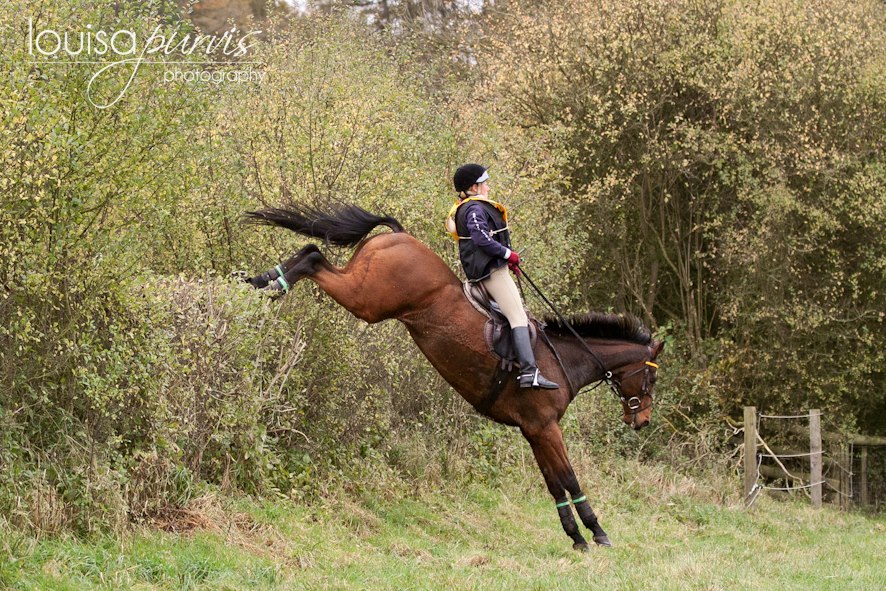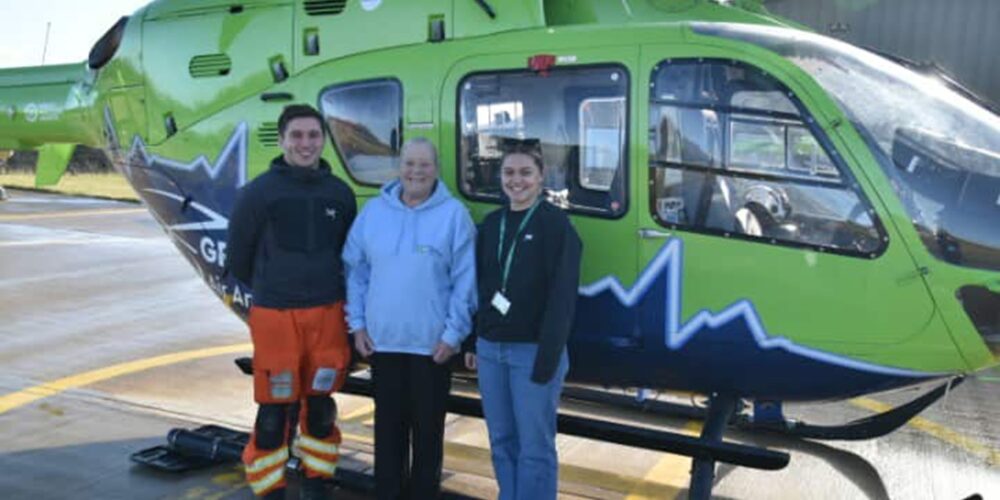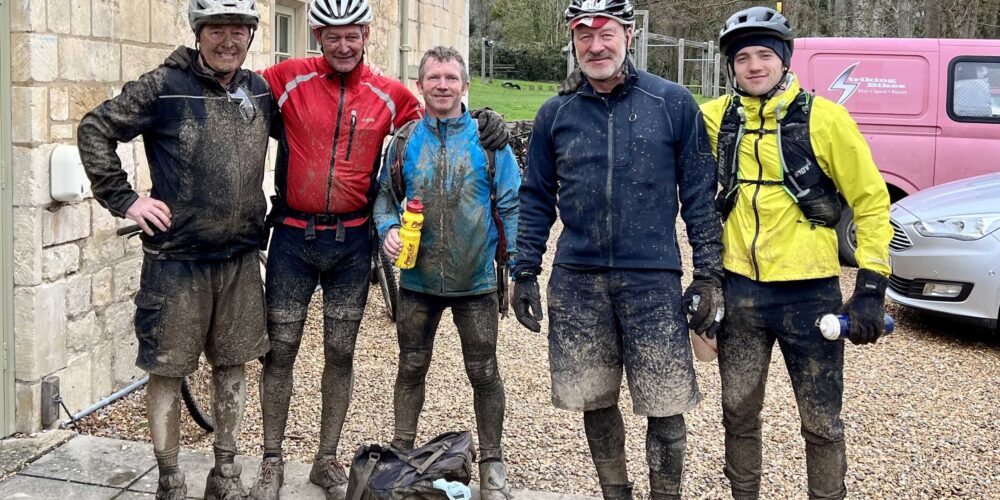
7 places you wouldn’t expect to see our air ambulance landing
September 17, 2025
GWAAC shortlisted in five categories for Air Ambulances UK Awards of Excellence 2025
September 25, 2025Most days feel ordinary. Often, they start and end the same way. Breakfast. School run. Work, or coffee with friends. Maybe a bit of shopping, or chores to be done. A quiet evening at home. Life feels normal… until suddenly, it isn’t.
Our crew know better than most that serious illness or injury can strike at any time. Life-threatening emergencies don’t make appointments — they can happen at midday in the park, midnight on a country road, first thing in the morning at home, or even, right now.
We often hear from people after their recovery, who tell us that ordinary moments were disrupted in seconds. A sudden collapse, a car crash, a serious fall — no one expects it, and most say it arrived without warning.
She was making lunch for her kids. He was walking his dog after work. They were on their way to a weekend trip. In each of these ordinary moments, lives have changed in an instant. When you read stories like these, you’re reminded that serious injury or illness can touch anyone, anywhere, at any time. Even in familiar places and during ordinary routines, a single moment can turn your world upside down.
Six times a normal day changed in an instant
Here are six of our former patient stories that show how quickly an ordinary day can change, and how help from bystanders, ambulance crews and GWAAC made all the difference.
Vicky — a fall while training a horse:
“It’s amazing how quickly circumstances changed from being a normal day to waking up in hospital weeks later.”
Vicky fell off a young horse she was training and suffered a serious head injury. She spent six days in intensive care and five weeks in hospital before returning home. She later visited GWAAC’s airbase and reflected on her incident.

Sue — a cardiac arrest while helping her mother:
“I had no clue whatsoever that this was going to happen.”
While helping her mother settle into a nursing home, Sue suffered a cardiac arrest on a narrow flight of stairs, collapsing unexpectedly. She never saw it coming.

Ollie — a cycling accident when out with friends:
“The day my son Ollie had his accident started much the same as any other.”
As he left the house, his mum told him “be careful, I love you” — all the usual things you say. Then she got on with her day, and a few hours later everything changed. A typical afternoon turned terrifying when Ollie, aged 16, collided with a van while cycling. Internal bleeding and a damaged liver meant urgent intervention was needed.

Josh — a sudden brain haemorrhage at the gym:
“I was like a walking time bomb.”
At 34, Josh suffered a severe brain haemorrhage when he popped to the gym for a quick workout. It was caused by a rare brain disease he didn’t even know he had. His life hung in the balance, but thanks to the quick action from those around him, he was given a second chance at life.

Keith — a collapse at Friday night football:
“Next thing I knew, I woke up on the bed in the ambulance. I remember the doctor looking over me.”
During a regular Friday night football game, Keith collapsed unexpectedly. He has no memory of the fifteen minutes before but recalls seeing a GWAAC Critical Care Doctor looking down at him. The incredible efforts of Keith’s teammates and the ambulance crews helped save his life.

Ann — a cardiac arrest at home:
"It started as a normal day at home. A walk with the dogs, a cup of tea, some messages sent to family members. It ended in hospital."
A normal day at home turned critical when Ann suffered a cardiac arrest. A chain of events, including CPR from her daughter and the postman, gave her time to get to hospital for onward treatment.

Why your support matters
It’s always a normal day. Until it isn’t.
And when it isn’t, lives can change in seconds.
You may never need us in the middle of the night… but someone else will, tonight. When emergencies strike, having the right support can make all the difference. Thanks to your generous donations, our crew can be there — when they’re needed most.



